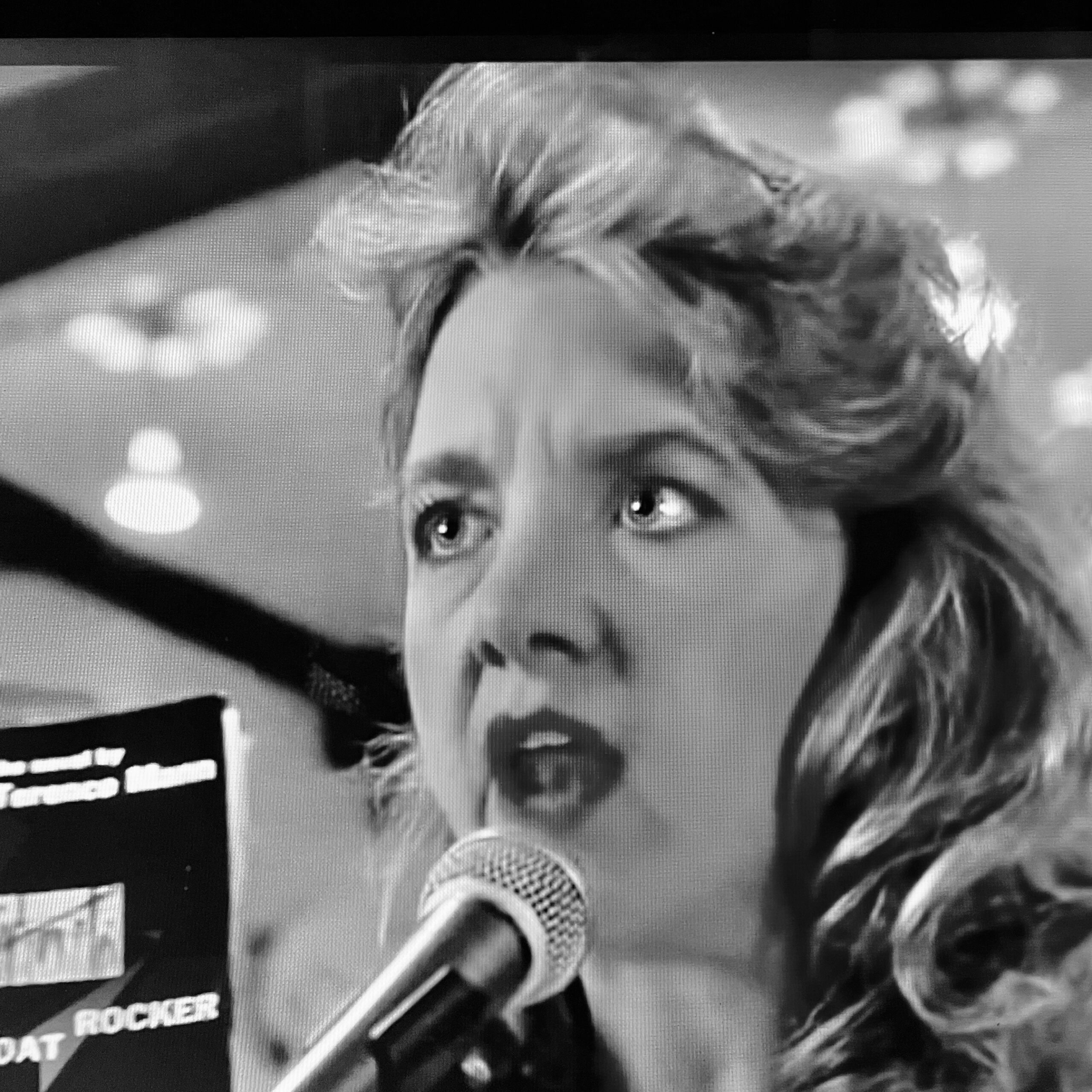Let’s rename “Banned Books Week,” to be “Buy Banned Books Week”

I wish to make a modest proposal for a simple act of resistance.
I propose this to all who love books, who love freedom to read, freedom of expression, and freedom to think.
I propose this to all who oppose book bans, who oppose dogma, oppression of ideas, and suppression of truth.
It’s easy:
Let’s all prepare for Banned Books Week (Oct. 5-11 this year, according to the American Library Association) by each committing to buy at least three Banned Books during that week. Preferably books made of paper, preferably from brick-and-mortar bookstores, preferably indie book stores, but to each his or her own.
Let’s rename “Banned Books Week,” to be: “Buy Banned Books Week.”
I’m not calling for a boycott. This is the opposite. This would be a positive action. And so uncomplicated, and immediately gratifying. Let’s have a buycott.
If you like this idea, please spread the word. We need a gazillion of us to commit to this.
For an investment of maybe $30-60 apiece, just think of what we would get:
1. For starters—with certainty—each of us would obtain three new, great books. Money’s worth already, right? Victory right off!
Consider the variety of titles banned or challenged since this new wave of book bans crawled from the muck four or five years ago:
Adventures of Huckleberry Finn by Mark Twain, All Boys Aren’t Blue, by George M. Johnson; Beloved by Toni Morrison, The Book Thief by Markus Zusak, Call of the Wild by Jack London, The Catcher in the Rye by J.D. Salinger, A Court of Thorns and Roses by Sarah J. Maas, The Diary of a Young Girl by Anne Frank, Fahrenheit 451 by Ray Bradbury, Flowers for Algernon by Daniel Keyes, The Handmaid’s Tale by Margaret Atwood, I Know Why the Caged Bird Sings by Maya Angelou, The Kite Runner by Khaled Hosseini, Looking for Alaska, by John Green, 1984 by George Orwell, Nineteen Minutes by Jodi Picoult, To Kill a Mockingbird by Harper Lee, Water for Elephants by Sara Gruen.
Sadly, there are countless more to choose from, including children’s and young adult books. (See the links below.) Surely, everyone could find at least three Banned Books they would love to have and yet don’t already possess.
(You don’t even have to commit to read the Banned Books immediately. It’s okay to just hold them. One beautiful aspect of paper books is they’ll be there, waiting for you, for whenever you’re ready for them. They also make great gifts.)
2. Together, we could send a powerful message to the book banners.
If a gazillion of us all go out and buy Banned Books during the same week, the media’s going to notice. Before that, we’re going to make sure social media reports it. The book banners will see lines of people at bookstore counters filling bags with the very books the book banners are trying to ban.
3. We might have the potential to push some of these titles onto the Best Seller lists.
Imagine if a bunch of long-dormant Banned Books suddenly pop up on Best Seller lists, even if just for a week. The old “It’ll just make it popular” argument might sink in with the book banners. Any appearance on Best Seller lists wouldn’t be for just a week, either, more than likely. Momentum builds. What a tribute that would be to the authors under attack.
4. Brick and mortar bookstores, which need all the help they can get, will experience Christmas in October.
Again, imagine lines of people at bookstore counters filling bags with Banned Books. Picture the smiles behind the counters.
5. We would create refuges for Banned Books on our Home Shelves.
(I know I sound a bit paranoid making this point. Maybe I’ve read too many dystopian novels, many of which face bans. If paranoia bothers you, skip on down to point 6.)
Many of the book banners would like to see these titles removed or at least restricted from schools and libraries everywhere. What’s next? Might their next step be to restrict or ban the sale of these books? Might it become hard to find these books anywhere? If so, our Home Shelves become the repositories of last resort: our book banks for future generations. They can’t cleanse all our collections. And yes, if simple possession of these books ever becomes illegal, I would wish even more to possess them.
6. We can look at our Home Shelves with pride and think, for example, “Yep, I’ve got my own copy of Terence Mann’s The Boat Rocker. Right there.” Many are such treasures.
7. Possessing the book makes it easy to recommend it. Imagine being able to say to someone, maybe a young person in need of your wisdom, “Here; read this.” How cool would you be?
8. This effort would be a simple answer to a question that haunts many of us:
“What can I do?”
If you don’t want to wait until October to do something, here are some organizations and sites where you can learn more about opposition to book bans, and about books that are being banned or challenged:
—The American Library Association.
—American Booksellers Association.
—National Coalition Against Censorship.
—National Education Association.
—Amazon has an algorithm that creates lists of banned and challenged books.
—So does Barnes & Noble.
—Members at Goodreads and other writers’ and readers’ groups also make such lists.
—So do many bookstores. Go into yours and just ask.